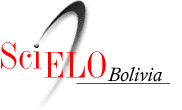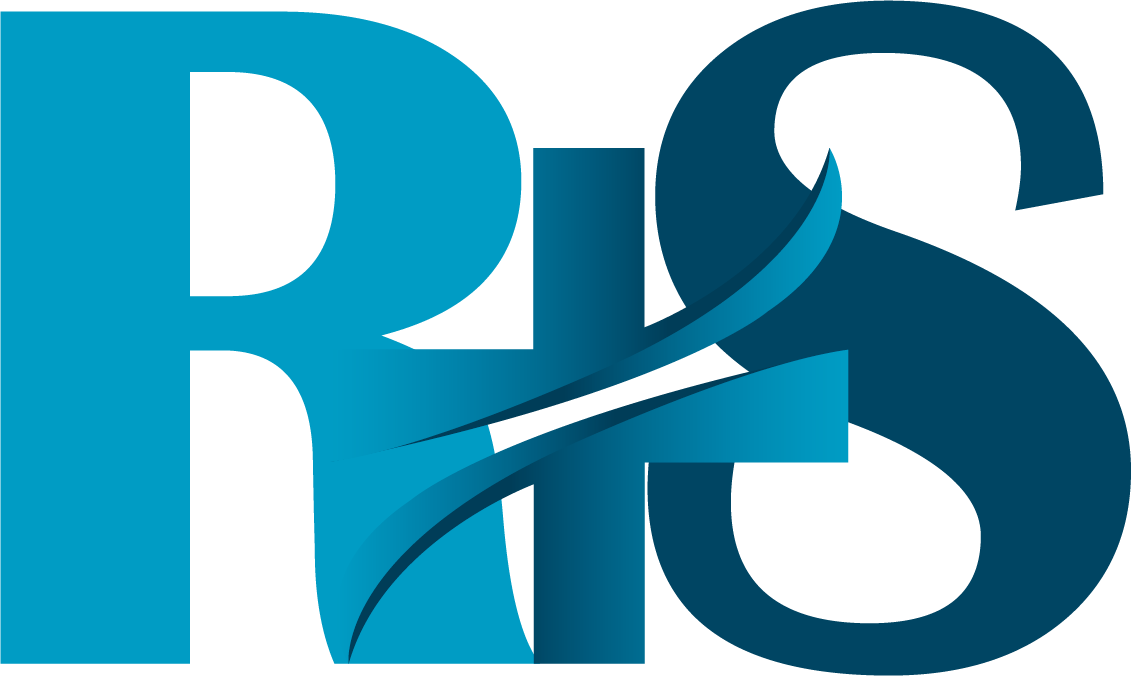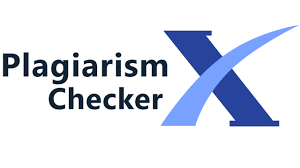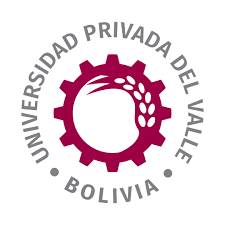Socioeconomic of Patients with Chronic Kidney Disease with Replacement Therapy, Cochabamba 2013
DOI:
https://doi.org/10.52428/20756208.v12i29.517Keywords:
Hemodialysis, Chronic renal diseas, Renal Health ProgramAbstract
The end-stage renal disease (CKD G5D) was recently classified by the World Health Organization (WHO) as a worldwide epidemic due to its high health, social and economic impact, being considered a Public Health problem. The present study determined the sociodemographic characteristics that affect the patient with chronic renal disease in a substitution treatment with hemodialysis in Cochabamba, 2073. Methodology: Cross-sectional, observational, descriptive, comparative and exploratory study. The dialysis registry of the renal program of the Ministry of Health was used as a sociodemographic data collection instrument. All patients with hemodialysis from the three hemodialysis centers were included. Results: We found 399 patients with this disease. The first cause was diabetes and surprisingly the second cause is unknown. The most affected age group ranges between the ages of 50 and 60, and only had a job. Conclusion: We must make a multidisciplinary management, expanding the coverage and cover vulnerable groups, make an adequate registry of dialysis data and have access to current national data on the epidemiology ofChronic Kidney Disease.
Downloads
References
1. SANTOS D, PACHECO C." Taller para la elaboración del Programa Nacional de Prevención de Enfermedades Renales" según Resolución del Ministerial No. 0314 y Comisión. Ministerio de Salud y Deportes Dirección General de Sa!ud. Programa Nacional de Salud Renal. Bolivia 10 de mayo de 2007.
2. BOLIVIA, MINISTERIO DE SALUD Y DEPORTES. Programa Nacional De Salud Renal. Programa de Prevención y Control de Enfermedades Renales./ Ministerio de Salud y Deportes; Programa Nacional de Salud Renal. Coaut. La Paz: Escarlata, 2008.
3. R. MARiN, M. A. GOICOECHEA, M. GOROSTIDI, A. CASES, J. DIEZ, G. ESCOLAR, F. FERNÁNDEZ VEGA, R. PALOMAR, E. RODRIGO, l. MART INEZ, Y J. SEGURA, en representación del Comité de Expertos, de la Guía de la Sociedad Española de Nefrología (SEN) Riñón y Enfermeda:! Vascular, 2006, 26 (1 ).
4. R. Moragas, Gerontología Social del Adulto, envejecimiento y calidad de vida, 2ed. Barcelona, vol. 30, Herder 2004.
5. Bover Sanjuán, Jordi (SEN),Cebollada, Jesús (SEMI), Escalada, Javier {SEEN), Esmatjes, Enrich (SED), Fácila, Lorenzo {SEC), Gamarra, Javier (SEMG), Górriz Teruel, Jase Luís (SEN), Gracia, Silvia (SEQC), Hernández, Julio (SEMG), Llisterri Caro, José Luis (SEMERGEN), Martinez Castelao, Alberto (SEN}, Mazón, Pilar (SEC), Montañés, Rosario (SEQC), Morales, Francisco {SELHELHA), Muñoz, Manuel (SEEN), de Pablos Velasco, Pedro (SED), de Santiago, Ana (SEMERGEN), Sánchez-Celaya, Marta (SEMFyC), Segura de la Morena, Julián (SELHELHA), Suárez, Carmen (SEMI), Tranche, Salvador (SEMFyC).Documento de consenso sobre la Enfermedad Renal Crónica, 27 Noviembre 2012.
6. R. REPÁRAZ ROMERO. Aspectos Sociales de los Enfermos con Insuficiencia Renal Crónica en la Comunidad Autónoma Gallega: situación de los pacientes pediátricos. Problemática social del enfermo renal crónico en la comunidad autonómica gallega.1987.1 :14.
7. M. OLIVEIRA P, A. SOARES D, Percepciones de las personas con Insuficiencia Renal Crónica sobre la calidad de vida. Enfermería Global. Octubre 2012.isnn 1695-6141 :28.
8. NEFROLOGfA DIGITAL. Plataforma Digital De Libros Y Monografías Actualizables. órgano Editorial De La Sociedad Española DeNefrología. Nefrología Digital. 201 O. [Actualizada el 20 de agosto del 2013 - acceso el 1 5 de septiembre de 2014]. http://nefrologiadigital.revistanefrologia.com/modules.php?name=home
9. ORGANIZACIÓN MUNDIAL DE LA SALUD. Prevención y Control de las Enfermedades No Transmisibles: Aplicación de la Estrategia mundial. 61a. Asamblea Mundial de la Salud. 18 de abril 2008. Actas resumidas de las comisiones e informes de las comisiones: A61 /8.
10. MINISTERIO DE SALUD. Guía Clínica Prevención en enfermedad Renal Crónica. Santiago: Minsal; 2010
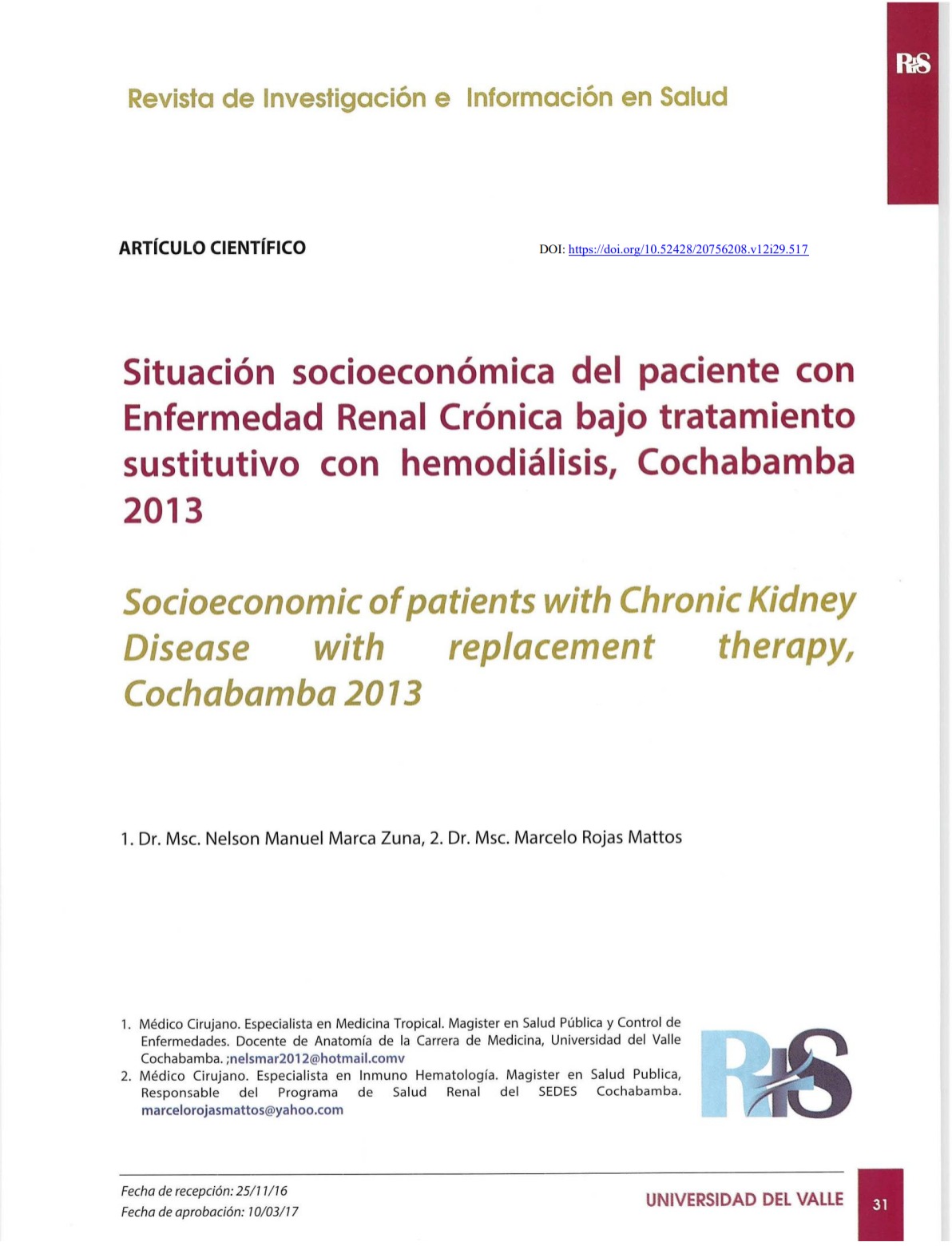
Downloads
Published
How to Cite
Issue
Section
License
Copyright (c) 2017 Nelson Manuel Marca Zuna y Marcelo Rojas Mattos

This work is licensed under a Creative Commons Attribution 4.0 International License.
Authors who publish with this journal agree to the following terms:
- Authors retain copyright and grant the journal right of first publication with the work simultaneously licensed under a Creative Commons Attribution License 4.0 that allows others to share the work with an acknowledgement of the work's authorship and initial publication in this journal.
- Authors are able to enter into separate, additional contractual arrangements for the non-exclusive distribution of the journal's published version of the work (e.g., post it to an institutional repository or publish it in a book), with an acknowledgement of its initial publication in this journal.
- Authors are permitted and encouraged to post their work online (e.g., in institutional repositories or on their website) prior to and during the submission process, as it can lead to productive exchanges, as well as earlier and greater citation of published work.







